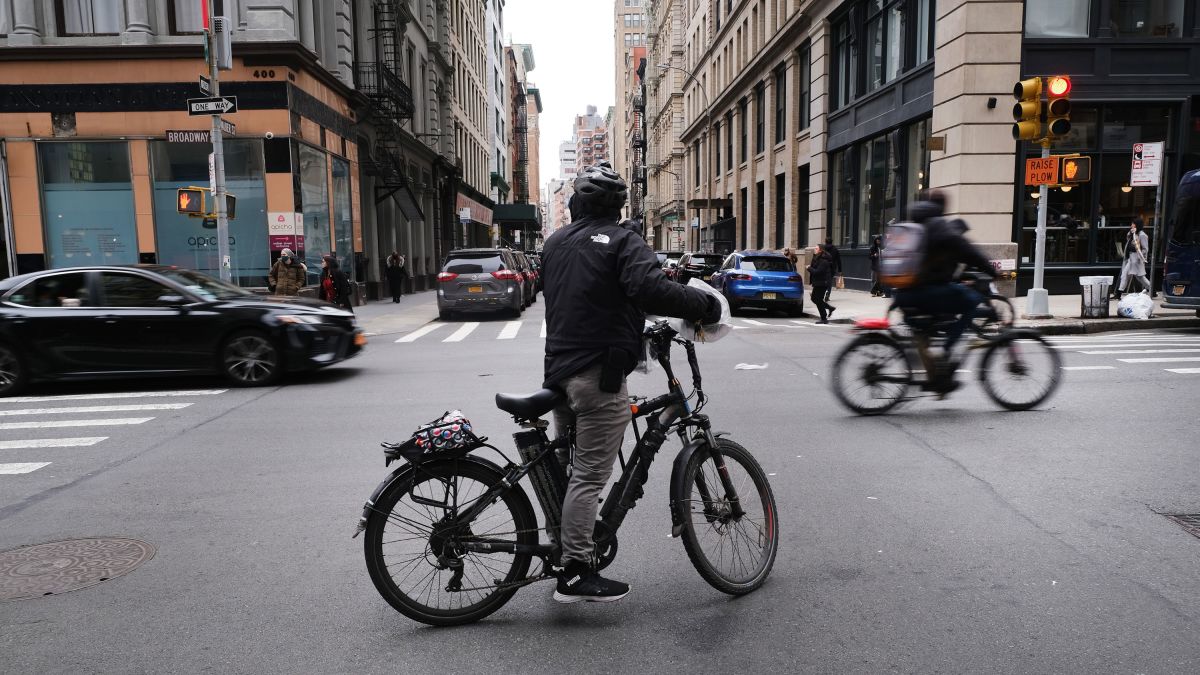UK Targets Online Retailers in E-Waste Recycling Overhaul
The UK government has unveiled a groundbreaking initiative
to ensure online marketplaces like Amazon and eBay contribute their "fair
share" to the recycling of electrical waste. The reform aims to establish
a "level playing field" for electronics producers, compelling international
retailers to shoulder their part of the recycling costs currently borne by
UK-based firms.
Under the proposal, online platforms must ensure their
overseas sellers contribute to the cost of recycling discarded electrical
items. For years, foreign sellers operating through these platforms have
sidestepped such responsibilities, leaving UK companies like Currys to bear the
financial burden. The reform, spearheaded by Circular Economy Minister Mary
Creagh, is set to come into effect by January 2026.
The changes align with the government’s commitment to a
circular economy—an approach that prioritizes reuse, repair, and sharing of
materials to foster sustainability. By holding all market players accountable,
the initiative seeks to curb environmental damage caused by electronic waste
(e-waste).
The plan also includes a significant shift in how vapes are
classified for recycling. Previously grouped with toys and leisure equipment,
vapes will now have their own category, reflecting their environmental impact.
The move is timely, given the staggering numbers reported by
non-profit Material Focus: five million vapes are either discarded as litter or
tossed into general waste weekly in the UK. The organization also highlights that
British households dispose of over 100,000 tonnes of small electrical items,
such as kettles and lamps, annually.
Several stakeholders have welcomed the proposed measures.
Alex Baldock, CEO of Currys, lauded the government’s efforts, noting that
unsustainable technology often ends up in landfills, exacerbating environmental
challenges. Vape manufacturers like Elfbar also expressed support, with a
spokesperson affirming their commitment to reducing waste and aiding retailers
through the regulatory transition.
Meanwhile, Amazon emphasized its dedication to minimizing
waste and facilitating recycling through free collection services, while eBay
highlighted its trade-in program, allowing customers to exchange old devices
for cash. Other platforms like Temu and Euronics have yet to comment.
The government will mandate online marketplaces to register
with the Environment Agency and report sales data from their overseas vendors.
This information will determine their financial contributions to recycling
costs. The Environment Agency, along with equivalent regulators in Northern
Ireland, Scotland, and Wales, will enforce the new obligations.
By introducing stricter regulations, the UK aims to address
the growing e-waste crisis and fund improved recycling services. The measures
promise a significant step toward sustainability, urging online retailers and
their sellers to take greater responsibility for the lifecycle of their
products.





.jpg)